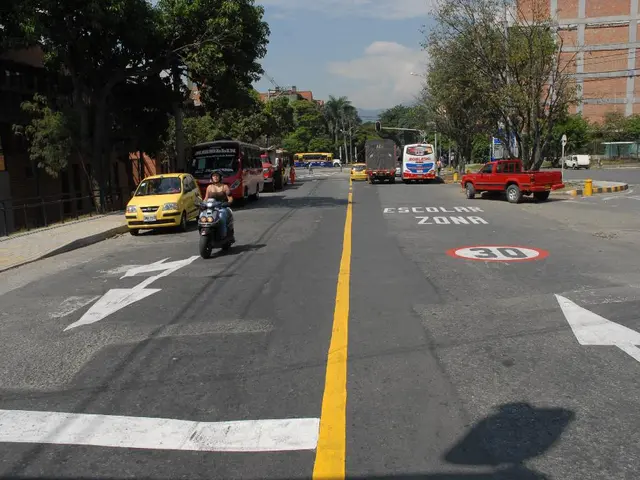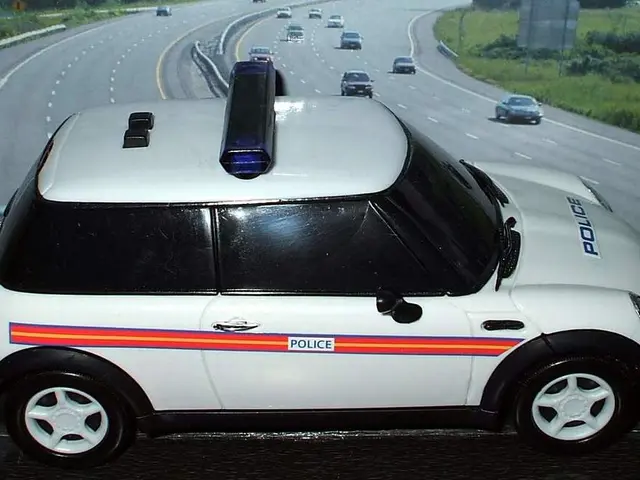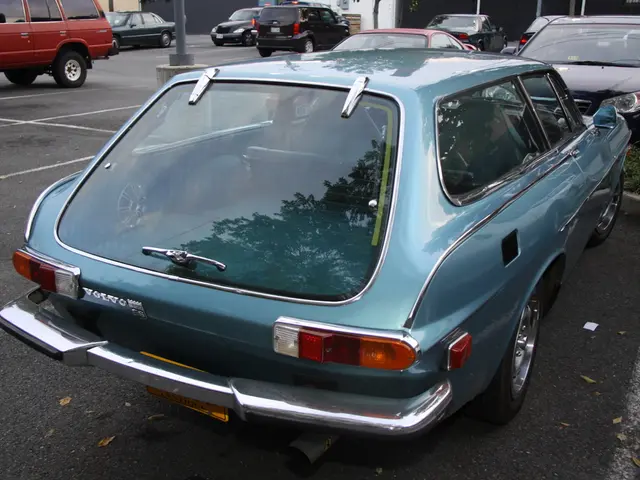Philadelphia's budget excludes the Zero Fare public transit program intended for low-income residents
Philadelphia's Zero Fare Transit Pilot Program, which offers SEPTA access to thousands of low-income residents, may face an uncertain future. The program, launched under former Mayor Jim Kenney, was subsidized with $62 million from the American Rescue Plan Act. However, Mayor Cherelle Parker did not allocate funds for the program in her proposed budget for 2025, raising concerns about its continuation.
Tiffany Thurman, chief of staff for Parker's administration, stated that the program's funding has dried out and they have chosen not to continue the pilot. Yet, this decision does not imply a lack of support for SEPTA or concern about its fiscal health.
City officials disclosed during budget hearings that maintaining the Zero Fare program would require $30 million from the city's general fund. Councilmember Nicolas O'Rourke expressed his concern that the city would discontinue the program before the pilot study results were available.
The pilot program, running from August 2023 to February 2025, has seen high participation. Over 6.2 million trips have been taken on SEPTA during this period, with approximately 2.7 million being bus trips. About 64% of the individuals who received free transit cards continue to use them. Eligible participants were either randomly selected or chosen by neighborhood organizations working with immigrant and refugee communities.
Urban policy advocates and the philanthropic William Penn Foundation, which funded a study of the pilot, have raised concerns over the potential discontinuation of the program. If the Zero Fare transit program is eliminated, it would be a setback in the fight against poverty, as affordable transportation often serves as a crucial means of elevating people out of poverty and providing better opportunities.
The William Penn Foundation, in partnership with Georgetown University's Better Government Lab and the Urban Institute think tank, is conducting a study of the pilot's impact. The results of this study could influence the decision on the program's future.
This news story was brought forth by Hearken, a platform promoting community-driven journalism. Philadelphia's 5th Square, a political action committee, is advocating to save the program.
[1] Hearken: Engaging Communities to Produce News and Information. (n.d.). Retrieved February 21, 2023, from https://www.hearken.io/[2] Philadelphia 5th Square. (n.d.). Retrieved February 21, 2023, from https://www.philadelphia5thsquare.org/[3] Pennsylvania House Bill 1284. (n.d.). Retrieved February 21, 2023, from http://www.pahousegop.com/files/House%20Bill%201284.pdf[4] Philly.com. (2023, February 21). Philadelphia’s Zero Fare Transit Pilot Program Could End, Raising Concerns for Low-Income Riders. Retrieved February 21, 2023, from https://www.inquirer.com/city/philadelphia-zero-fare-program-septa-transit-funding-20230220.html[5] The Philadelphia Inquirer. (2023, February 17). City Could Discontinue Philadelphia’s Zero Fare Transit Program Before Completion of Pilot Evaluation [Press Release]. Retrieved February 21, 2023, from https://www.phillyinquirer.com/blogs/philly-policy/city-could-discontinue-philadelphias-zero-fare-transit-program-before-completion-of-pilot-evaluation-20230216.html
- The uncertain future of Philadelphia's Zero Fare Transit Pilot Program, which is subsidized through the American Rescue Plan Act, could potentially disrupt the city's financial sector if the program is discontinued, given its impact on eliminating transportation barriers for low-income residents.
- If Philadelphia's Zero Fare Transit Pilot Program is discontinued, it might have significant implications for the transportation industry, considering the high participation levels and the positive impact it has on elevating people out of poverty by providing better opportunities.








